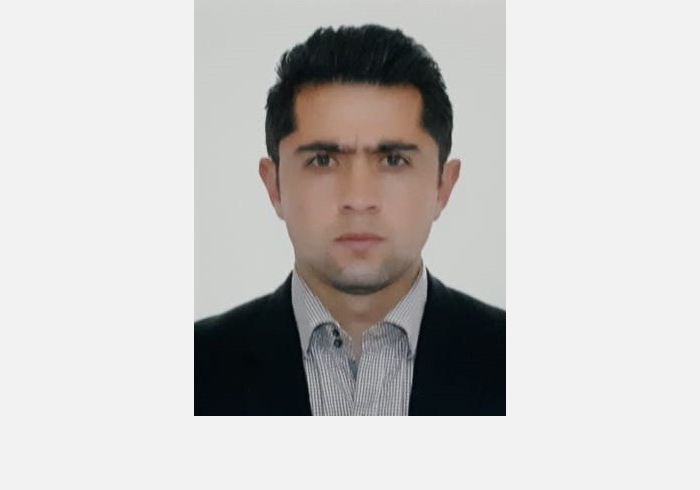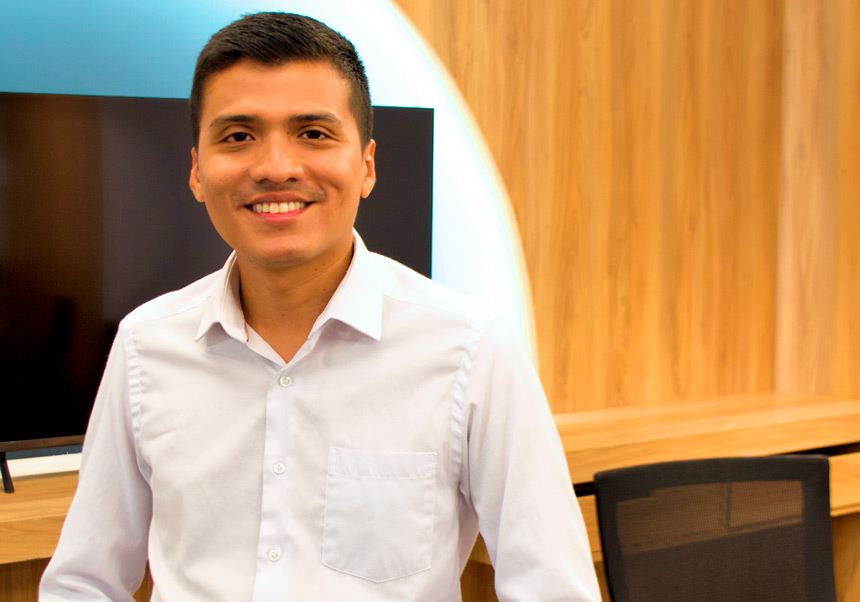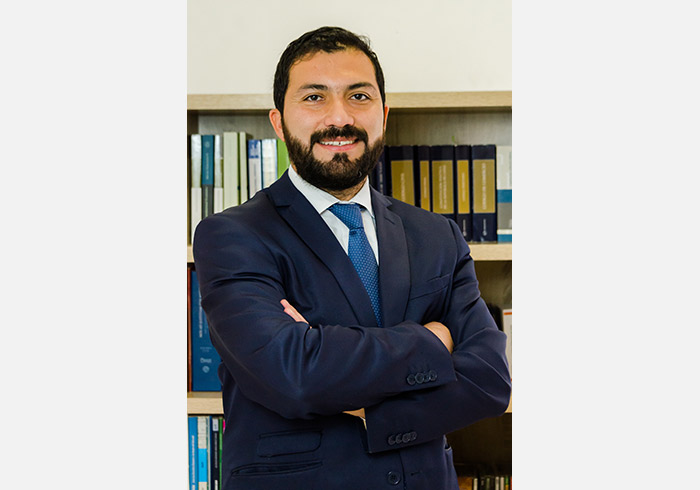
The judicial mechanisms available to exercise the rights of the consumer before producers and suppliers stablished abroad. A comparative study between Spain and Colombia within the Electronic Commerce framework.
23 may 2019
Title: Judicial mechanisms available to exercise the rights of the consumer before producers and suppliers stablished abroad. A comparative study between Spain and Colombia within the Electronic Commerce framework.
Author: Edison Camilo Largo Marín
Tutor: Guillermo Palao Moreno
Electronic commerce is a commercial medium that grows more every day. However, some people are sceptic or suspicious about it, or other have been victims of irregular practises which makes them stop using this type of commercial tools. Amongst the reasons that justify this type of decisions of some users, we find lack of information, tedious procedures and the costs that can end in a complaint or legal action.
Having examined all the reasons why people avoid using the Network to carry out commercial activities, a research was done about the mechanisms that have been created within the Network with the aim of guaranteeing the defence of the rights of the consumers as well as of attracting users to electronic commerce. The research focused on two key points: firstly, analysing how the Internet works and the mechanisms directly arranged; secondly, examining the access to the mechanisms that justice has arranged in the countries, carrying out a comparison between the guideless between Spain and Colombia.
As a result of the research, it was found that indeed in the Web as well as in Colombia and Spain different tools have been set up to allow consumers to exercise their rights before possible conflicts that can arise with the suppliers of products or services. Nevertheless, it also became evident that said instruments have some shortcomings which limit them. For instance, regarding the Internet, different methods have been set to describe users who sell products, and other sites serve as guarantees. However, these tools also have some problems because they could generate doubt regarding reliability, due to the fact that in some cases the qualifications can be manipulated. At the same time, when referring to the intervention of a third guarantor, they could in the same way violate the rights of the buying users, given that they are under their criteria, not knowing if there is an effective neutrality when it comes to taking a decision.
Another example that those tools are a fraud is that, both in Spain and Colombia, in order to implement a court decision delivered from another country it is necessary to carry out a procedure of homologation. This procedure is tedious. In addition, for having that sentence, the citizen has already had to focus in processing a series of judiciary and administrative actions that imply a great waste of time and money. Actually, in certain events the cost of the procedure might be higher that the goal that is intended to achieve.
This does not mean that the tools that have been created until now are bad or inefficient. On the contrary, they have proved to be effective. As a matter of fact, the proposal of my final master’s degree project (TFM) respects these mechanisms and incorporates them. Likewise, the territorial competences and the fundamental regulations of each country must be known. Therefore, what the projects proposes is a simple adaptation plus the use of the Internet access tools. These may result in some extra cost in the countries that implement them, but such cost could be inferior to other legal alternatives. Furthermore, this proposal does not only intend to satisfy the necessities of the consumers, but to make the country at issue more competitive in economic terms in the international market.
To sum up, the solution proposed in the project intends that countries make mandatory the possibility that consumers can access to justice through the information technologies. This access should not be partial but full so that a Spanish citizen buys a product from a Colombian supplier or vice versa, the consumer knows that he has the possibility to sue from his country without travelling nor doing tedious paperwork. He will simply submit the lawsuit, process the paperwork and obtain a subject via Internet; and in case the sentence is favourable, require its implementation. This legal possibility will make international trade more trustworthy and therefore will make the country more competitive.













